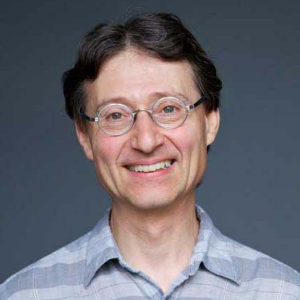Nanotechnology in Tissue Engineering
Nanotechnology has revolutionized the landscape of tissue engineering, offering unprecedented tools to design and fabricate complex tissues for regenerative medicine. At the heart of this innovation are nanomaterial-based scaffolds that closely emulate the natural extracellular matrix, providing an ideal environment for cell adhesion, proliferation, and differentiation. These scaffolds serve as the architectural framework for tissue regeneration. Nanoparticles, acting as precision carriers, enable controlled and localized delivery of growth factors and biomolecules, influencing cellular behavior and enhancing the spatiotemporal regulation of tissue development. Surface functionalization at the nanoscale allows for tailored modifications, influencing cell interactions and guiding tissue-specific regeneration. Incorporating nanocomposites, such as carbon nanotubes, enhances mechanical strength and conductivity, contributing to the creation of tissues with properties more closely aligned with native counterparts. Diagnostic nanosensors integrated into engineered tissues provide real-time monitoring, offering insights into the maturation process. Advanced 3D nanoprinting techniques, facilitated by nanotechnology, enable the precise layering of intricate tissue structures. Nanotechnology also plays a pivotal role in vascularization strategies, promoting the formation of functional blood vessels within engineered tissues. Stem cell engineering at the nanoscale influences cellular fate and behavior, enhancing integration and differentiation. As these advancements progress, nanotechnology in tissue engineering holds immense promise for clinical applications, addressing challenges in bone, cartilage, and skin regeneration, and paving the way for personalized and effective tissue repair and replacement therapies.

Harry E Ruda
University of Toronto, Canada
Raman Singh
Monash University, Australia
Paulo Cesar De Morais
Catholic University of Brasilia, Brazil
Xiao Hong Nancy Xu
Old Dominion University, United States
S V A R Sastry
Harcourt Butler Technical University, India
Vinayak Adimule
Angadi Institute of Technology and Management, India



Title : Circumventing challenges in developing CVD graphene on steels for extraordinary and durable corrosion resistance
Raman Singh, Monash University, Australia
Title : Nanomaterial-based bio-lubricant additives for improved efficiency and environmental sustainability in automotive applications
S V A R Sastry, Harcourt Butler Technical University, India
Title : Evaluating cytotoxicity of metal-doped tin oxide nanoparticles
Paulo Cesar De Morais, Catholic University of Brasilia, Brazil
Title : 40,000 implants in humans and no failure: The impact of nanomedicine
Thomas J Webster, Hebei University of Technology, China
Title : Enhanced photoluminescence and fluorescence properties of flake-like Co3O4@Cs2O bimetallic oxide nanostructures
Vinayak Adimule, Angadi Institute of Technology and Management, India
Title : Lipid nanoparticles formulations: From bench scale to industrial scale
Mohammad A Obeid, RAK Medical and Health Sciences University, United Arab Emirates